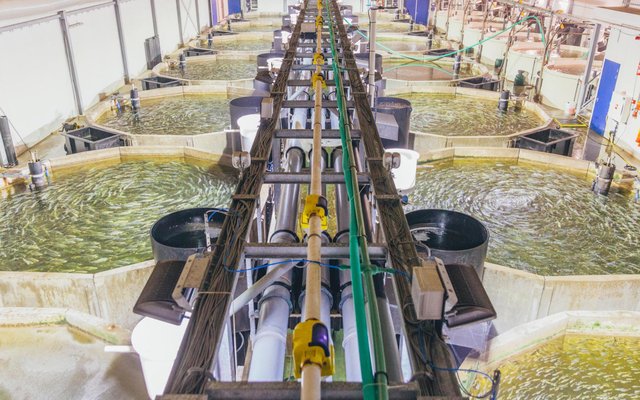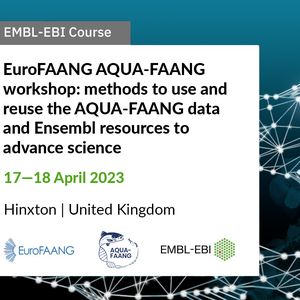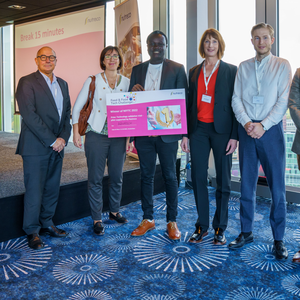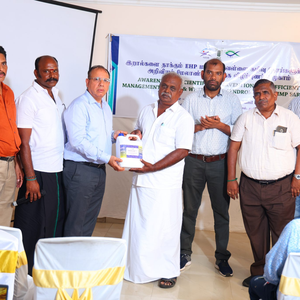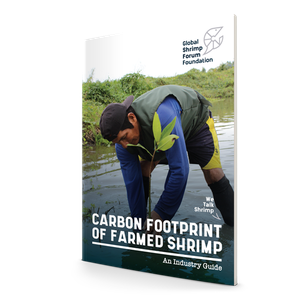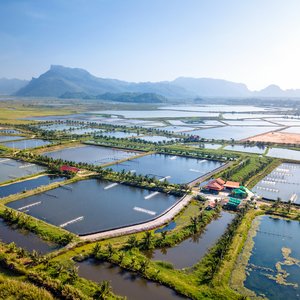Experts from the US, South Africa, Norway, and Iceland recently shared presentations and panel discussions at the University of Maine where land-based salmon farming stakeholders meet at the third annual Recirculating Aquaculture Salmon Network (RAS-N) and the first annual Sustainable Aquaculture Systems Supporting Atlantic Salmon (SAS2) conference.
The meeting demonstrated collaboration and networking across several areas related to RAS. Industry members and researchers working in recirculating aquaculture systems (RAS) discussed a wide range of topics, such as reproduction, nutrition, fish welfare, off-flavor final product’s organoleptic characteristics, workforce development, consumer education, marketing, and community engagement.
“RAS is the most viable path for growth in the US,” said Erik Heim from Xcelerate Aqua. “Improving the time to market, keeping revenue on schedule, costs on budget, and improving environmental stewardship is key.”
Technologies, outreach strategies, and cutting-edge research
Exploring current challenges for the land-based production of salmon in the US, attendants also learned about new technologies, outreach strategies, and cutting-edge research. Key themes from their discussions included scalability, improving efficiencies and regulations, and enhancing general knowledge and understanding.
Attendants highlighted research about the development of a domestic salmon seed supply that would be extremely beneficial for the US because most of the current seedstock that are raised in the farms currently come from abroad. Furthermore, debates about off-flavor and more efficient RAS feed development also demonstrated the US RAS research currently direction.
For an instance, John Davidson, research scientist with the Freshwater Institute in West Virginia, discussed studies focusing on biological mechanisms for the characterization and control of microbiomes in RAS to reduce off-flavor, while Sarah Cook from Skretting, discussed the physical aspects of feed impacts to RAS as a whole. “It’s important to look at each system and work with farms to understand how best their system works because all systems are so different,” Cook said.
Workforce development and consumer education
Experts remarked that developing a special curriculum about RAS could increase science literacy and related skills among students, training them for future workforce needs. Additionally, sessions emphasized the need for a coordinated communications strategy to gain more social interest, technology transfer, advancing research, and getting people from multiple disciplines involved in the workforce.
SAS2, which relies on USD 10 million from the US Department of Agriculture and the USDA National Institute of Food and Agriculture, is a new phase of the multi-state RAS-N consortium that started in 2019 and was funded by the National Sea Grant Office.


